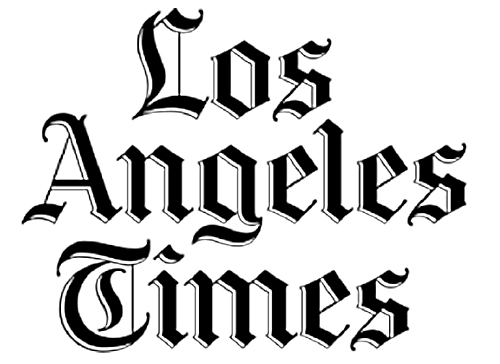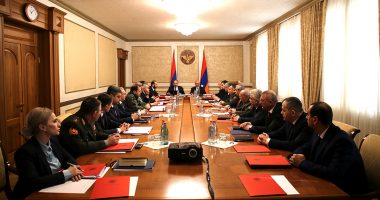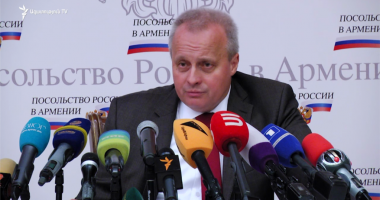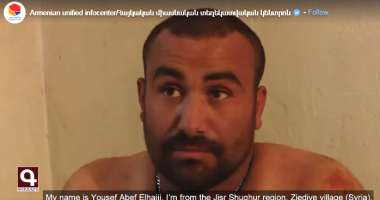LA TIMES EDITORIAL
On Sunday, Pope Francis took the audacious step of celebrating a Mass at St. Peter’s Basilica to commemorate the 100th anniversary of the slaughter of 1.5 million Armenians, and then calling those killings by their name: genocide. For that, the Turkish government summoned the Vatican’s envoy in Ankara for a talking-to and recalled its own ambassador to the Vatican for “consultation.” Turkish Foreign Minister Mevlut Cavusoglu announced that “the pope’s statement, which is out of touch with both historical facts and legal basis, is simply unacceptable.”
That’s right: A full century after the mass killings by the Ottoman Empire, the Turkish government continues to reject the documented historical reality that Turkey was responsible for the first genocide in what turned out to be a century of grotesque ethnic, religious and political violence, from the Holocaust to the Cambodian killing fields to the Rwandan genocide.
Turkey’s disingenuous view compounds the original crime with the insult of denial. (Turkey claims that most Armenian victims were killed in a civil war, and that many Turks also perished at the hands of Armenians.) Yet the U.S. government has been complicit in Turkey’s defiance, thanks primarily to a policy of realpolitik that calls for deference to a strategic ally in an increasingly unstable region of the world. That’s why American presidents have repeatedly refused to call the genocide a genocide.
Although Barack Obama promised as a candidate to “recognize the Armenian genocide” if he became president, so far he (like his predecessors) has avoided using that apparently too-blunt word in annual statements condemning the “Meds Yeghern,” as it’s known in Armenian. The farthest he’s gone is to call the killings a “horror” while reaffirming the U.S. government’s adherence “to the principle that such atrocities must always be remembered if we are to prevent them from occurring ever again.”
But how can you remember if you won’t acknowledge the facts? Obama has said that “a full, frank, and just acknowledgment of the facts is in all of our interests,” yet he has continued to engage in a diplomatic dance out of misdirected fidelity to an ally.
It’s true that the U.S.-Turkey relationship is a very important one, and one worth nurturing and protecting, but not at the expense of denying history.
Strategically, Turkey needs U.S. support — and weapons — as much as the United States needs a presence in the region (including its Air Force base near Incirlik). This is a partnership based on mutual interests, and we would hope that it would not be imperiled by an insistence on truth.
The president should take a cue from Pope Francis and include the word genocide in his annual message marking the carnage a century ago. Enduring friendships require such honesty.










